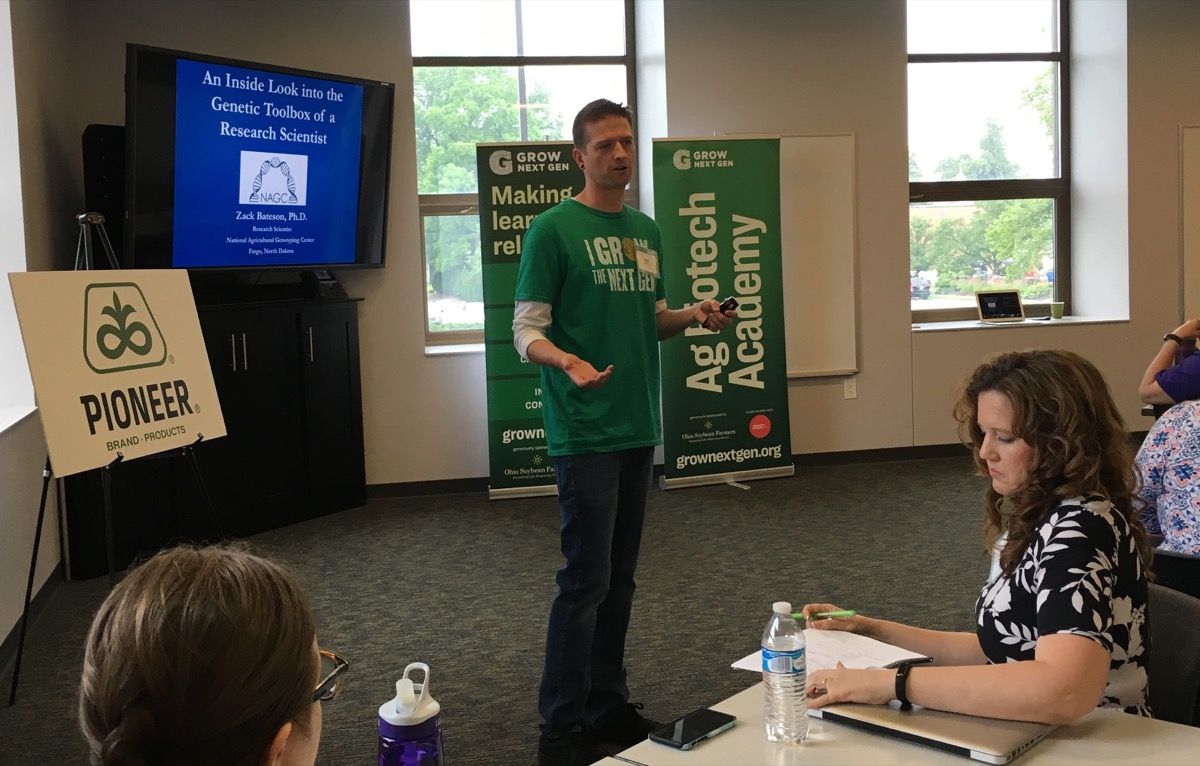
Research scientist Zack Bateson shared about bees, plants, and DNA at the Ohio Soybean Council-sponsored Ag Biotech Academy 2019 workshop. Bateson works at the National Agricultural Genotyping Center (NAGC) in North Dakota, an organization that strives to bring research at the university level to agriculture in the field, helping food producers.
“Pathogens and pests are a top threat to food security,” said Bateson. To help with the honeybee crisis, NAGC developed a panel to diagnose pathogens in colonies. Current research includes identifying the soilborne pathogen phytophthora sojae and testing for Palmer amaranth, a certain type of pig weed. This weed produces a large number of seeds, and unchecked proliferation can reduce yield. Early identification of this species is helpful because the young plant is more susceptible to herbicide treatment.
Bateson spoke to the group about NAGC’s use of polymerase chain reaction (PCR), a molecular copier for small DNA segments. This tool allows researchers to take a sample, extract DNA, and pull out the pathogen DNA of interest. PCR yields better specificity and sensitivity than other methods, and allows a large number of samples to be tested.
Bateson’s past experience in wildlife biology and current work in agriculture diseases are linked by the common topic of DNA, which is key to research in a variety of areas. “Biotech education creates opportunities for future scientists across disciplines,” he said.
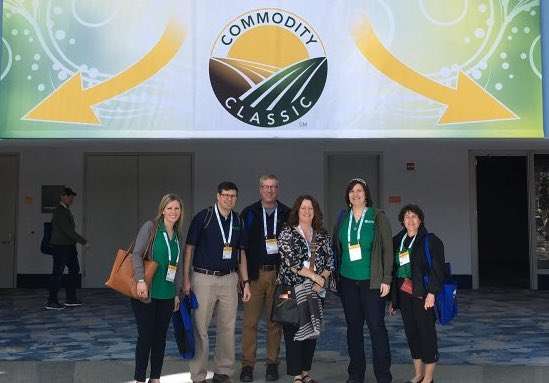
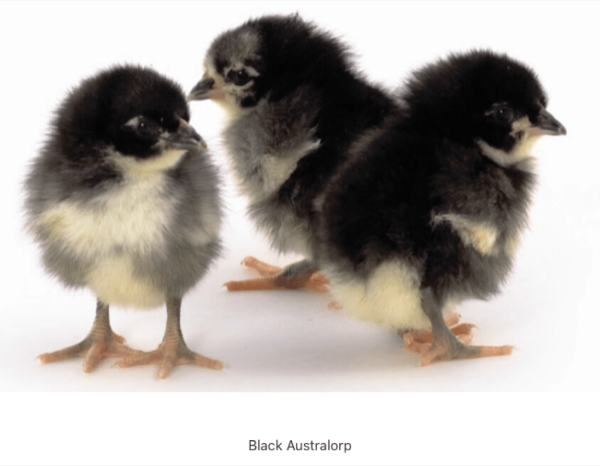
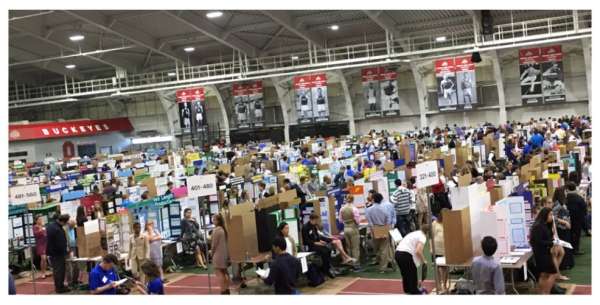
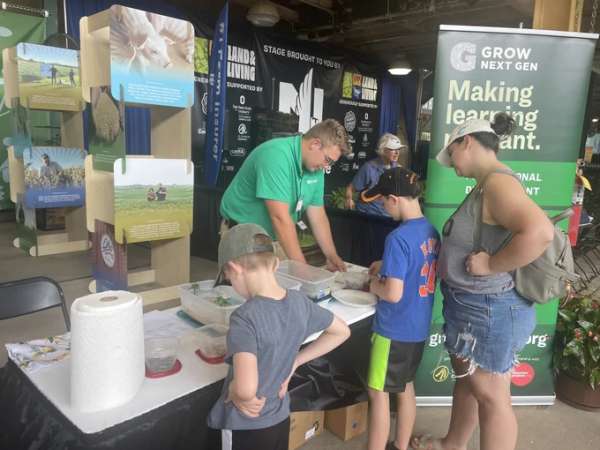
Share this